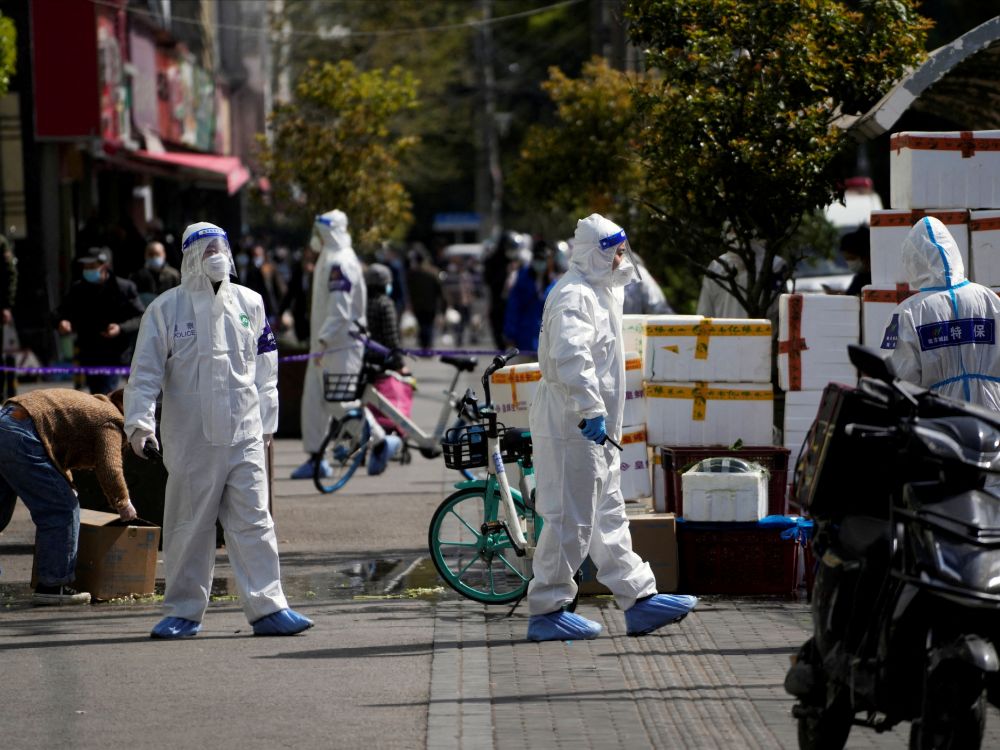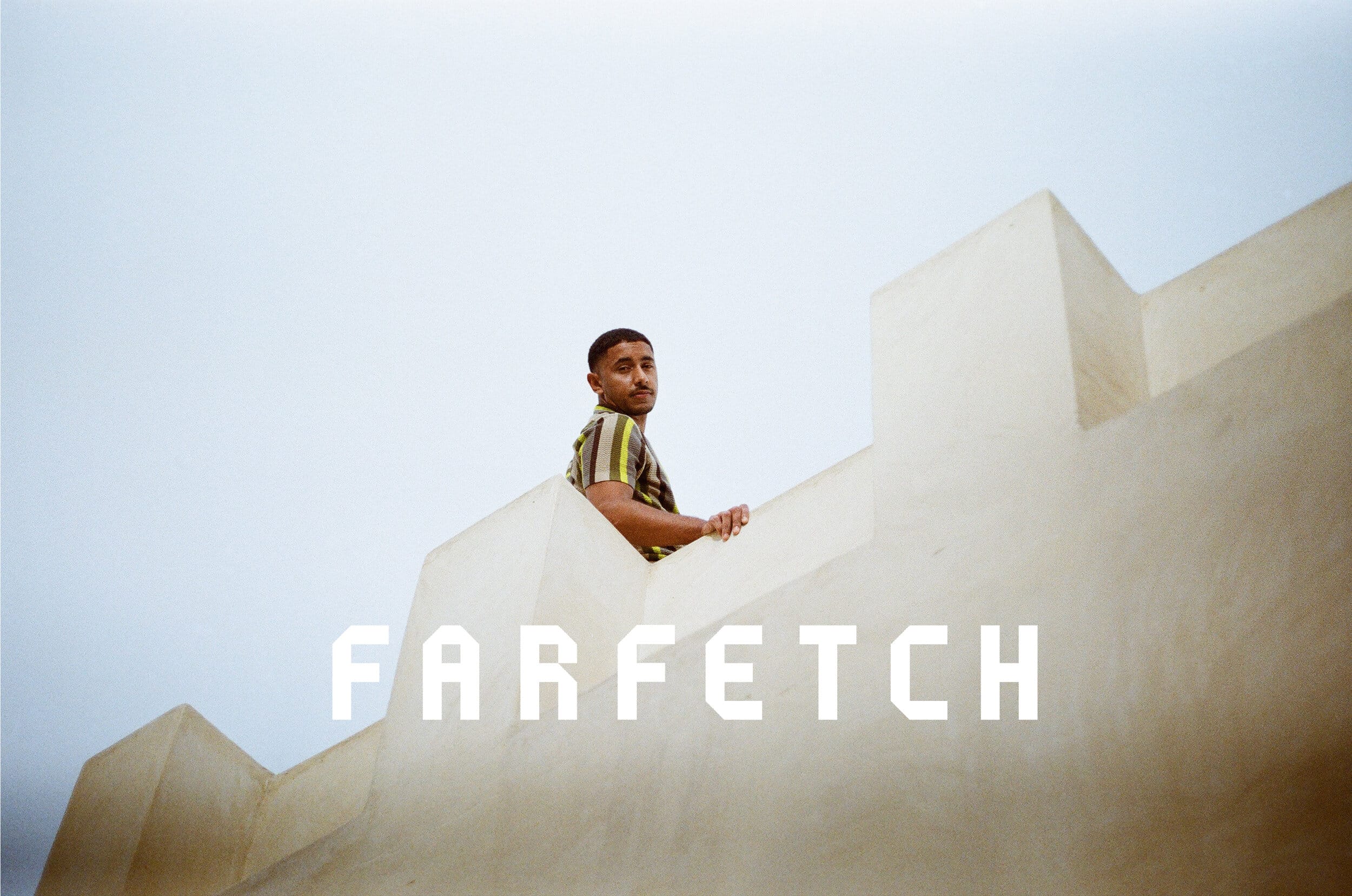In Beijing and Shanghai, the government confirmed on Sunday its intention to gradually lift the restrictions on Covid-19.
It’s a first breath of fresh air for the residents of Shanghai, China. The city, confined for two months, will see the “unreasonable” restrictions on businesses lifted on Wednesday, June 1. China’s most populous city, with 25 million inhabitants, had put in place easing measures such as reducing some taxes on car purchases and speeding up approval procedures for real estate projects to counter the effects of this drastic confinement, which is putting the entire country’s economy under strain.
In addition, the megacity’s authorities are asking banks to renew loans to small and medium-sized enterprises totaling 100 billion yuan (or $15 billion) this year. “We will fully support and organize the resumption of work and production of enterprises in various sectors and fields,” Vice Mayor Wu Qing told reporters, adding, “The current epidemic situation in the city continues to stabilize and improve.”
To enter public places or take public transportation, a negative PCR test within 72 hours, up from 48 hours previously, will be required. Bus services in the Pudong district, home to Shanghai’s largest airport and financial hub, resume today, officials said. Although most residents remain confined, a growing number of people have been allowed to leave their homes and stores have been able to reopen.
In Beijing, too, signs of recovery are beginning with libraries, museums, theaters and gyms allowed to reopen Sunday, with gauges, in neighborhoods that have seen no cases of covid-19 for seven consecutive days.
“The number of new infections reported in Beijing has dropped significantly. And eight districts had no new local cases for seven consecutive days. The current epidemic wave has been effectively controlled,” health authorities boasted this weekend.
Read also > RETURN OF THE COVID IN CHINA: WHAT IMPACT FOR LUXURY?
Featured photo : © Aly Song










